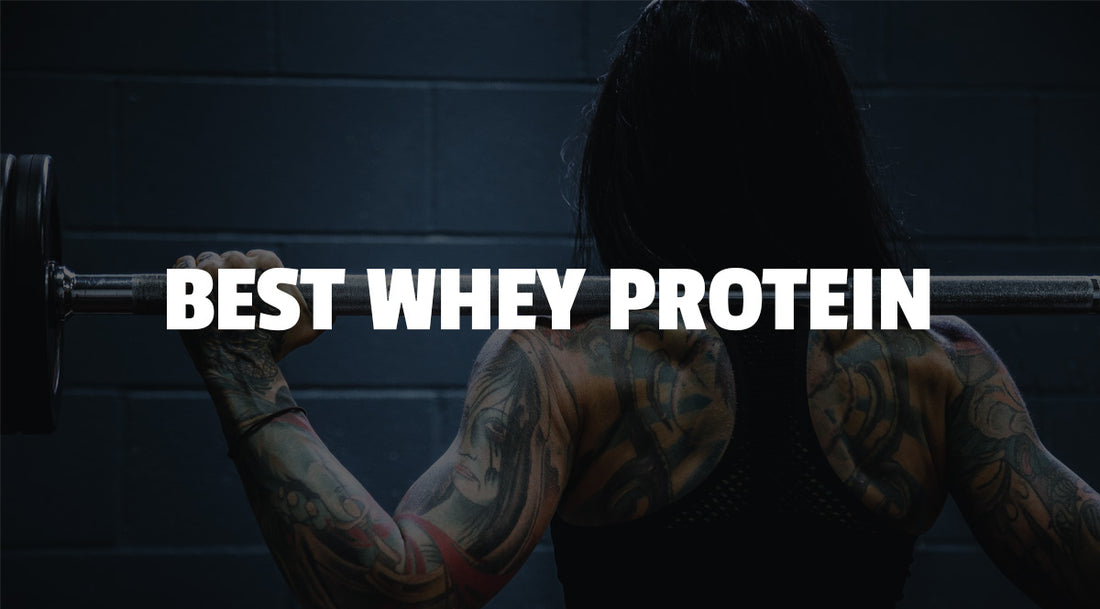Comparing 3 Types of Whey Protein
Whey protein is a type of protein that is derived from milk. It is commonly used by bodybuilders and other athletes to help build and repair muscle tissue, as well as by individuals looking to add more protein to their diet.
There are several different types of whey protein, including whey protein concentrate, whey protein isolate, and hydrolyzed whey protein. Each type has its own unique benefits and characteristics.

Whey protein concentrate is the most common and least expensive form of whey protein. It is made by removing some of the fat and lactose from milk, resulting in a product that is around 80% protein. This type of whey protein is a good source of essential amino acids, which are the building blocks of protein.
Whey protein isolate is a more refined form of whey protein concentrate. It is made by further processing the concentrate to remove even more fat and lactose, resulting in a product that is around 90% protein. This makes it a more concentrated source of protein than concentrate.
Hydrolyzed whey protein is the most highly processed form of whey protein. It is made by breaking down the protein into smaller peptides, which makes it easier for the body to absorb and use. This makes it a good choice for individuals who have difficulty digesting other forms of protein.
In addition to its muscle-building benefits, whey protein has been shown to have other health benefits as well. It can help to boost the immune system, lower blood pressure, and reduce inflammation. It has also been shown to be effective at increasing weight loss and reducing hunger.
Is Whey Better Than Vegan Protein?

While both whey protein and vegan protein are sources of dietary protein, they differ in several key ways.
Whey protein is a type of protein that is derived from milk. It is commonly used by bodybuilders and other athletes to help build and repair muscle tissue, as well as by individuals looking to add more protein to their diet.
Vegan protein, on the other hand, is a plant-based protein source that is derived from sources such as soy, peas, and rice. It is commonly used by vegans and vegetarians, as well as by individuals looking to add more plant-based protein to their diet.
One of the main differences between whey protein and vegan protein is the amino acid profile. Whey protein is a complete protein, meaning that it contains all of the essential amino acids that the body needs. Vegan protein, on the other hand, is often not a complete protein, so individuals may need to combine different sources of vegan protein to get all of the essential amino acids.
Another difference between whey protein and vegan protein is its digestibility. Whey protein is generally considered to be more easily digested than vegan protein, which can be more difficult for some individuals to digest.
In terms of taste, whey protein is often considered to be smoother and more palatable than vegan protein, which can have a grainy or chalky texture.
Overall, both whey protein and vegan protein can effectively provide the body with protein, but they differ in terms of their amino acid profile, digestibility, and taste. Individuals should choose the type of protein that best fits their dietary needs and preferences.
Recommended Brands
After significant testing, we recommend:
Muscle Feast GrassFed Concentrate



